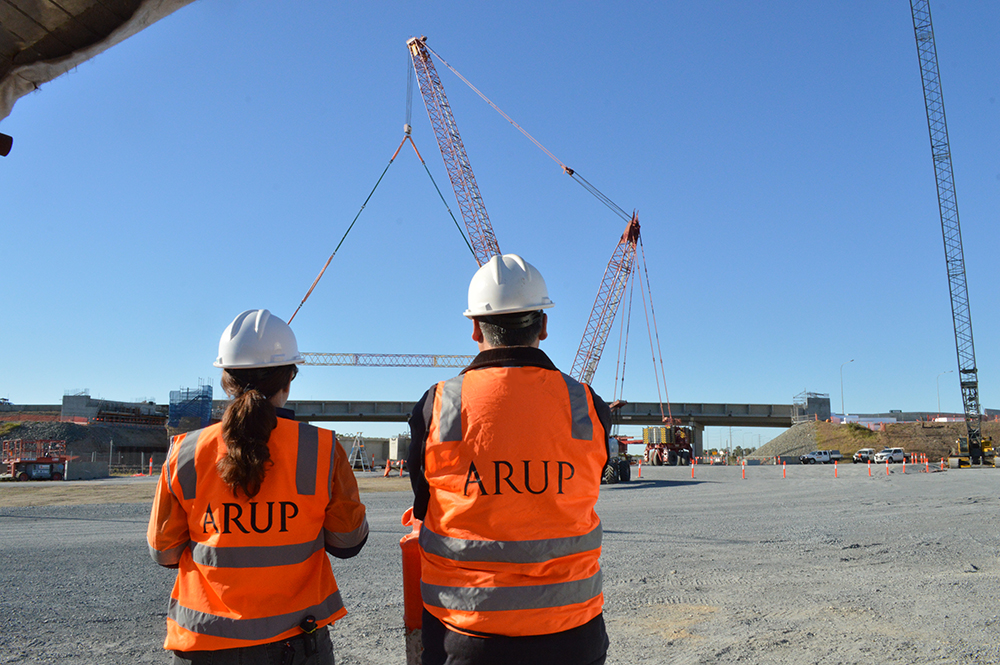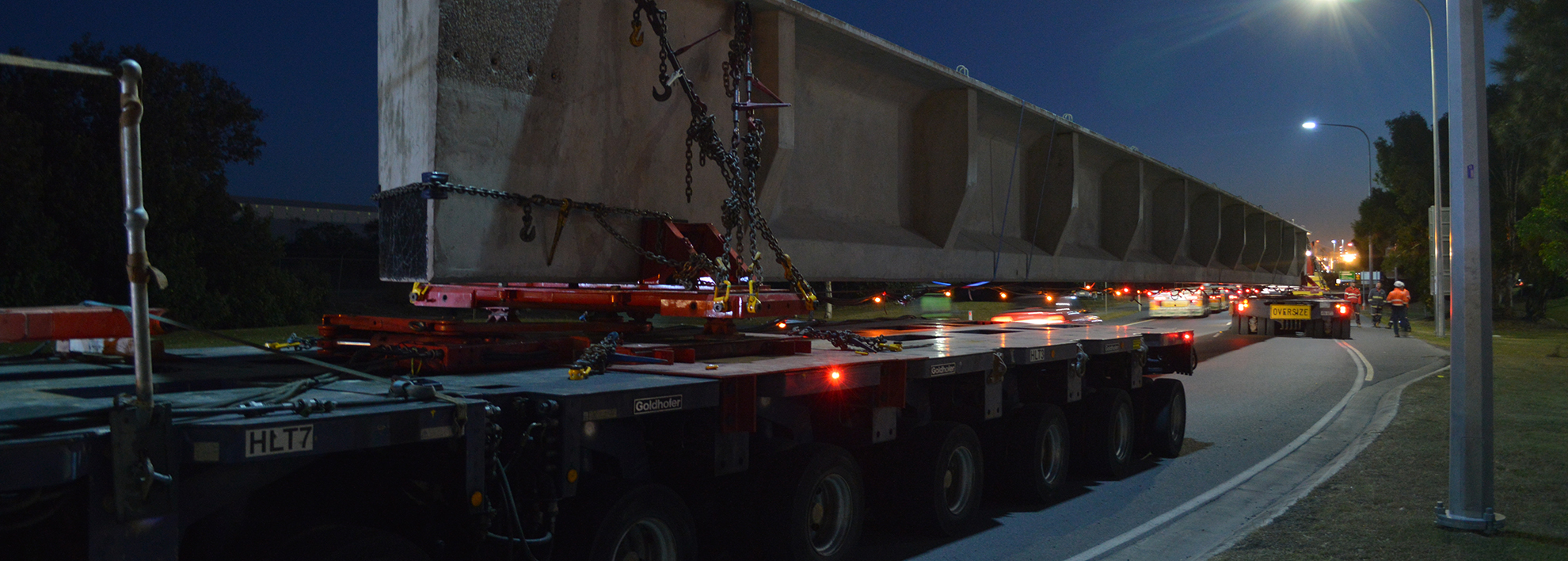Addressing Sustainability From The Start
Addressing Sustainability From The Start
Taken from the 2018 ISCA Impacts Report
At Arup, “We shape a better world”, so sustainability is at the heart of all we do. We believe that delivering sustainable outcomes for both current stakeholders and future generations will make our business stronger in the long run. Like ISCA, we recognise that sustainable outcomes on projects are a result of collaboration between stakeholders, from planning through to construction and operation phases.
We played a key role in developing the initial Infrastructure Sustainability rating tool, providing us with in-depth knowledge, from its development to its context within the wide range of sustainability frameworks. Arup’s leading sustainability infrastructure professionals were involved in developing Version 2, and we are ISCA verifiers and trainers, having trained more than 200 Infrastructure Sustainability Accredited Professionals.

Case study: Port Drive Upgrade, Brisbane
Arup has significant experience in the ISCA rating tool projects including the Port Drive Upgrade, Melbourne’s Metro Tunnel Project, Parramatta Light Rail and Canberra Light Rail.
In 2017, the Port Drive Upgrade project was awarded a certified IS Design v1.2 – Excellent rating. This was the second road project in Queensland to receive the rating, and is currently the highest scoring of all projects registered in the state.
The Arup team was committed to meeting sustainability commitments for activities across the project lifecycle, not only those in our direct responsibility. Together with Port of Brisbane Pty Ltd (PBPL), and Principal Contractor Seymour Whyte Constructions (SWC), achieving an ISCA rating was a core objective in delivering the project.
Integrating the sustainability requirements into the design and construction ensures commitments are met efficiently. A robust and integrated process was carefully considered for delivery of the sustainability objectives across design, procurement, construction, and operation. Implementation and milestones were aligned with the engineering and delivery programme to achieve success through collaborative and seamless decision making.
Key to achieving the Design rating was the Australian first use of the innovative Quickcell wide flange Super I girders. Developed by Quickcell Technology Products and Arup, the new type of beam can reach spans of up to 46m, longer than the standard 32m Super T girder. Using the longer girders on the Lucinda Drive bridge component of the project reduced materials, construction and maintenance costs, while also mitigating major safety and constructability issues.
Another significant feature of our design was the use of 50,000 tonnes of sustainably-sourced Enrobés à Module Élevé Class 2 (EME2) asphalt, a binder (bitumen) rich mix which produces a stiffer asphalt with remarkably good workability. This innovation resulted in a reduced asphalt thickness leading to the reduction of 99,000 tonnes of asphalt, which in turn delivered a 32% reduction in lifecycle greenhouse gas emissions between the preliminary design and detailed design. We realised time savings of 80 days needed to lay the asphalt along with construction fuel savings due to less plant movement.
This rating has also positioned contractor Seymour Whyte Constructions to receive an IS As Built v1.2 – Excellent rating upon completion of construction, due mid 2018.
Arup offers a holistic environmental and sustainability consulting service, which is integrated globally with our engineering, design and planning/economics services. Our global team of specialists offer services in developing policy, assessing impact, creative design and implementation, gaining regulatory approvals, reporting publicly, stakeholder consultation, managing risk and controlling costs.
At Arup, we believe it takes commitment to bring long-term change. The future depends on it.

